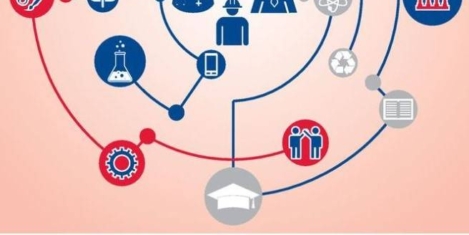May 9, 2019
Report calls for investment in line management training
 More than two-fifths (45 percent) of workers believe their line manager don’t help morale at work and one in three (32 percent) feel uncomfortable approaching management about work problems, according to a poll published today. The TUC report, Improving Line Management claims that while the majority of UK workers feel supported by their bosses, more than a third (35 percent) don’t think that their line manager treats them and their colleagues fairly. The TUC says the findings expose the patchiness of management training in the UK, as despite being crucial to workers’ well-being and productivity, less than half of UK managers got any training in the last year, according to most recent government statistics.
More than two-fifths (45 percent) of workers believe their line manager don’t help morale at work and one in three (32 percent) feel uncomfortable approaching management about work problems, according to a poll published today. The TUC report, Improving Line Management claims that while the majority of UK workers feel supported by their bosses, more than a third (35 percent) don’t think that their line manager treats them and their colleagues fairly. The TUC says the findings expose the patchiness of management training in the UK, as despite being crucial to workers’ well-being and productivity, less than half of UK managers got any training in the last year, according to most recent government statistics.


































March 6, 2019
It’s not a skills gap, it’s a diversity gap
by Agata Nowakowska • Comment, Workplace
As digital transformation impacts organisations in every industry, the workplace as we know it is evolving fast. For IT leaders, the accelerated rate of technological change means the pressure is on to deliver, manage and secure new platforms. But the wider ramifications of digitalisation projects are proving profound, leaving business executives facing a dilemma. More →